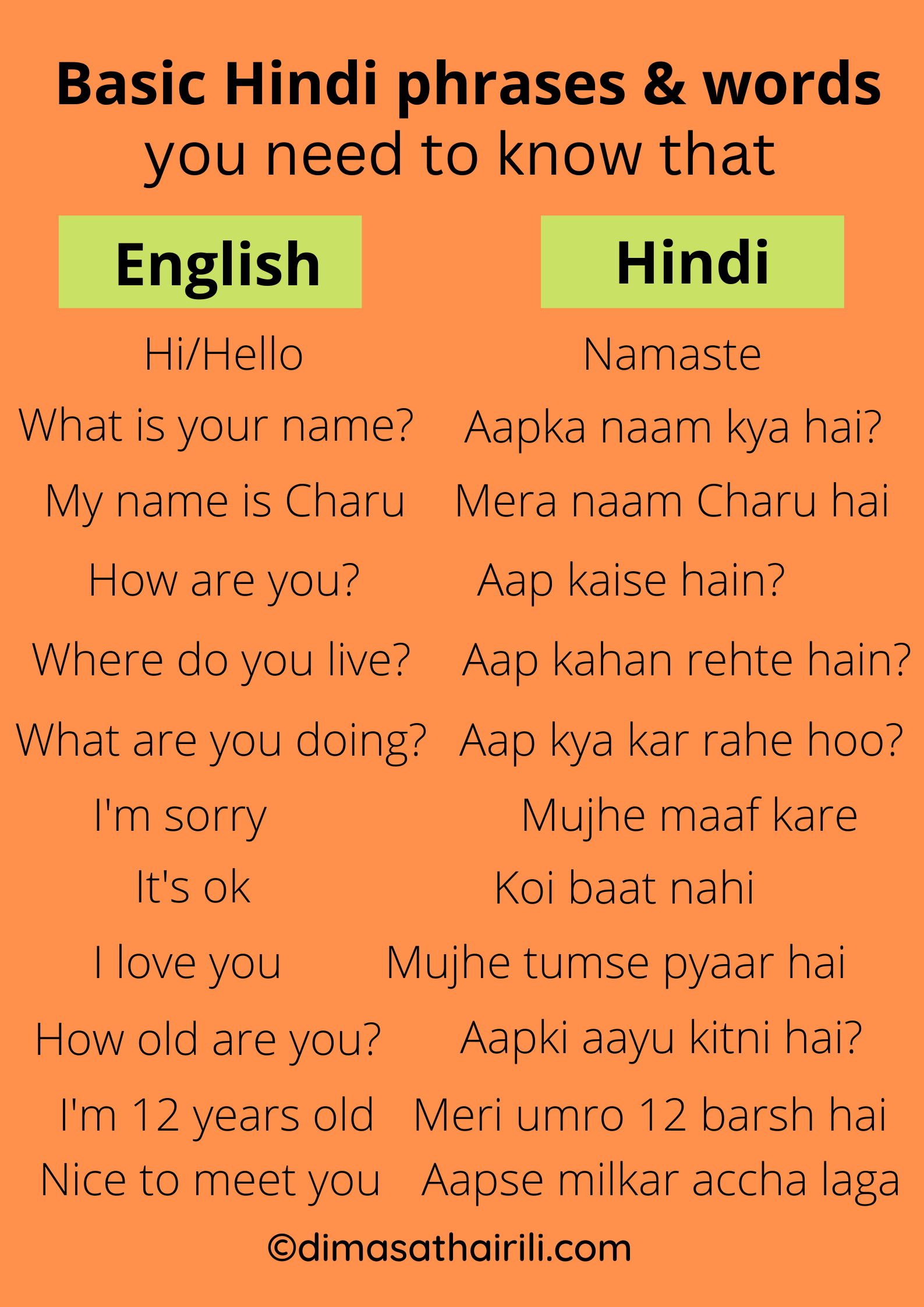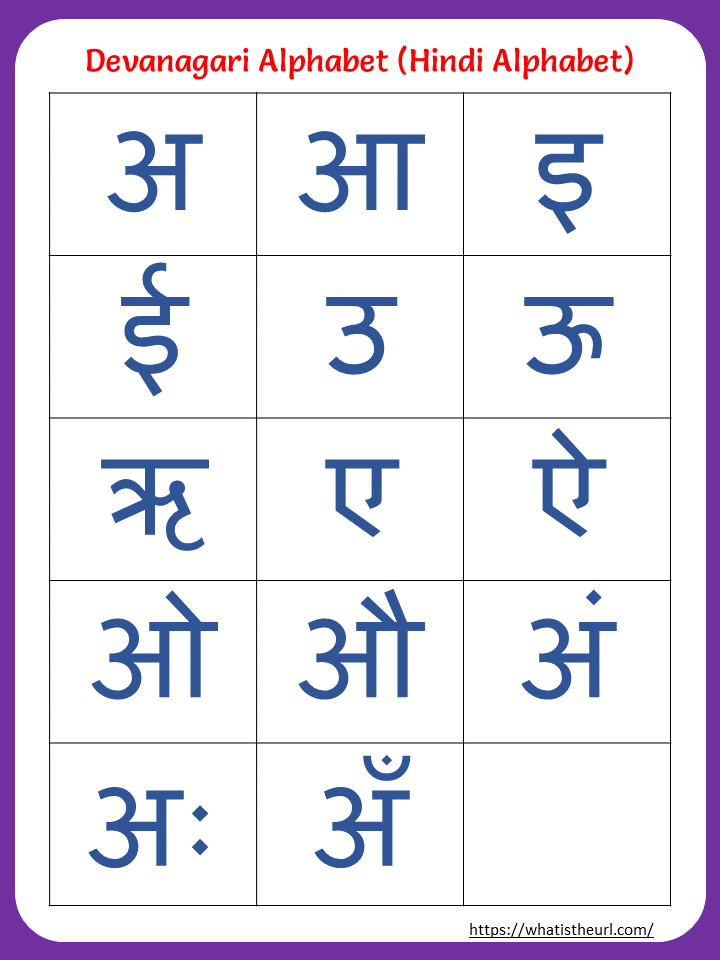Is Hindi Hard To Learn? What You Need To Know About Its Challenges And Charms
Detail Author:
- Name : Mr. Monroe Collins
- Username : akeem.bogisich
- Email : vboehm@gmail.com
- Birthdate : 1971-07-23
- Address : 108 Eloisa Radial North Marco, AZ 98039-5647
- Phone : +1 (864) 770-5582
- Company : Fadel, Weissnat and Orn
- Job : Stevedore
- Bio : Aut molestias temporibus voluptas in amet in maiores. Animi hic non nam aut fuga voluptatem. Sint optio qui voluptatem repellendus officia dolore architecto porro. Consequuntur quod qui laborum sit.
Socials
twitter:
- url : https://twitter.com/chelseadietrich
- username : chelseadietrich
- bio : Necessitatibus distinctio assumenda adipisci impedit explicabo. Dolores amet cupiditate voluptatem aut. Placeat accusamus omnis aut qui quod.
- followers : 1442
- following : 2721
linkedin:
- url : https://linkedin.com/in/dietrich1974
- username : dietrich1974
- bio : Consequatur quis a delectus.
- followers : 2808
- following : 1285
tiktok:
- url : https://tiktok.com/@chelsea.dietrich
- username : chelsea.dietrich
- bio : Labore eos saepe debitis vel laudantium.
- followers : 3081
- following : 431
facebook:
- url : https://facebook.com/dietrichc
- username : dietrichc
- bio : Necessitatibus veniam laudantium non vel assumenda.
- followers : 5514
- following : 553
Thinking about picking up a new language can feel like a big step, can't it? There's this thought that comes up, like, "How hard would it be to learn Hindi?" Maybe you've got a friend who speaks it, and you've always found it rather cool and unique, just like your best friend speaks Hindi and you always thought it was a pretty cool and unique language. It's a question many curious minds ponder, especially when considering the diverse linguistic options out there today. You might feel that strong urge to start learning another language, and Hindi, with its rich sounds and cultural depth, might very well be calling your name, you know?
Many people considering a language like Hindi often wonder about the effort involved. It's not just about the grammar or the vocabulary; it's also about how it compares to what you already know, or even what you've tried to learn before. For instance, you might be someone who has already tackled what seem like far more difficult languages, perhaps Arabic, Japanese, or Chinese, so you might think it would not take a lot of trouble for you to pick up Hindi, as a matter of fact.
Today, many people are looking at languages like Hindi, wondering if the time and energy are worth it. There's a lot to think about, from the script itself to how people actually speak it in daily life. This article aims to explore these points, giving you a clearer picture of what learning Hindi might involve for you, and whether it aligns with your language learning aspirations, just a little.
Table of Contents
- Motivation and Initial Thoughts
- Tackling the Hindi Script
- Comparing Hindi to Other Languages
- Finding Your Learning Space
- The Realities of Spoken Hindi
- Is Learning Hindi Useful?
- Factors That Influence Difficulty
- Frequently Asked Questions About Learning Hindi
Motivation and Initial Thoughts
When you feel that pull to learn a new language, it often comes from a very personal place. For some, it's about connecting with friends or family, perhaps like having a best friend who speaks Hindi and finding it truly captivating. That kind of personal connection can be a huge motivator, providing a consistent reason to keep going when things get a bit tricky, you know?
The very idea of starting something new, especially something as big as a language, brings up questions about how much effort it will take. You might be weighing Hindi against other languages you've considered, like Norwegian, Italian, or Russian, which is a fairly common thing to do. This initial consideration phase is very important, as it sets the stage for your expectations and commitment, so.
It's interesting to consider what makes a language "cool" or "unique" in your eyes. For Hindi, it could be the sounds, the way it's written, or even the cultural richness it represents. These initial impressions are powerful and can really fuel your desire to dive in and see what it's all about, basically.
Tackling the Hindi Script
One of the first things you'll encounter when learning Hindi is its writing system, Devanagari. This script might look a little different from what you're used to, especially if your first language uses the Latin alphabet. However, learning the script is not as daunting as it might seem at first glance, like your first impression might be.
The advice often given is to start by learning the letters and the sounds they make. This foundational step is pretty straightforward, as each letter generally corresponds to a consistent sound, which is helpful. Once you get a good grasp of these basic building blocks, you can then move on to forming longer words and sentences, you see.
Think of it like putting together puzzle pieces. You learn what each piece looks like and where it fits. With Devanagari, once you understand the individual characters and how they combine, reading and writing become much more accessible. It's a systematic process, and honestly, many people find it quite logical once they get going, so it's almost a fun challenge.
Comparing Hindi to Other Languages
The question of how hard Hindi is to learn often comes down to what other languages you might already know. For example, if you've already put in the effort to learn languages like Arabic, Japanese, or Chinese, then picking up Hindi might not be as much of a struggle for you. Those languages are, according to the FSI, some of the few Category V hardest languages for English speakers to learn, meaning they take a lot of time and dedication, so.
The Foreign Service Institute (FSI) categorizes languages based on how much time an average English speaker needs to reach proficiency. Arabic, Chinese, Japanese, and Korean are typically in the hardest category. If you've managed to learn one of these, then the grammatical structures and pronunciation challenges of Hindi might feel comparatively more manageable, or at least familiar in their complexity, you know?
On the other hand, if your linguistic background is closer to English or other European languages, Hindi will present different challenges. Its sounds, word order, and grammatical cases will be new. However, it's not like every aspect is completely alien; there are always patterns to discover, and some words might even have distant connections, which is a pretty cool thing.
It truly depends on many things, like your previous language learning experiences. For some, learning German might not be that difficult because of certain linguistic similarities or prior exposure to similar grammatical concepts. This highlights how individual experience shapes the perception of language difficulty, you see.
Finding Your Learning Space
One common observation when people try to learn Hindi is that it's been hard finding beginner-friendly spaces. This can be a bit of a hurdle, as a supportive environment can make a world of difference in your learning journey. Sometimes, it feels like resources are geared towards those who already have some background, or perhaps those who grew up speaking it, you know?
Many people learn languages like Marathi in childhood or as Hindi-speaking adults, which means they have a natural immersion that beginners might lack. When you're starting from scratch, finding groups or classes that cater specifically to true beginners can be a bit of a search. It's like looking for a specific type of community, and sometimes it just takes a little more digging, apparently.
However, the landscape of language learning is always changing. What might have been hard to find a few years ago could be more accessible now. For instance, when I was a teen, my local Marathi mandal started a Marathi class, which was a great community effort. Similar initiatives might exist for Hindi now, or online platforms might fill that gap, which is very helpful.
The key is to keep looking for those welcoming spaces, whether they are online forums, local community groups, or dedicated language schools. A good beginner space provides encouragement, clear instruction, and opportunities to practice without feeling overwhelmed, and that's really what makes a difference, so.
The Realities of Spoken Hindi
Learning to speak and comprehend Hindi can present its own set of challenges, especially when you encounter how people actually speak it in daily life. One thing you'll notice over time is which words Indians substitute English words for. This mixing of languages, often called "Hinglish," is very common and can be a bit surprising at first, you know?
It's not just about understanding "pure" Hindi; it's also about getting used to the way people naturally blend languages in conversation. This means that while you might learn a formal word for something, in everyday talk, an English equivalent might be used instead. This informal mixing adds a layer of complexity to comprehension, as you're essentially learning two ways of saying things at times, you see.
Another point that sometimes comes up is that most Hindi speakers don't even speak informal, colloquial Hindi with many Persian and Arabic words, let alone what's considered "shuddh" or pure Hindi. This observation points to the diverse nature of the language as it's truly spoken. What you learn in a textbook might be different from the vibrant, living language you hear on the streets, which is just a little interesting.
This reality means that your learning should probably include exposure to various forms of spoken Hindi, from formal news broadcasts to casual conversations. Getting used to different accents, speeds of speech, and the common mixing of words will help you become a more fluent and confident speaker and listener, as a matter of fact.
Is Learning Hindi Useful?
The question of whether learning Hindi is generally useful is something many people consider. For some, there's a feeling that learning Hindi might be meaningless at a certain point, perhaps because of the variations in how it's spoken or the prevalence of English in many contexts. However, usefulness can be seen in many different ways, you know?
From a practical standpoint, Hindi is one of the most widely spoken languages in the world, with hundreds of millions of speakers. This alone suggests a broad utility, whether for travel, business, or connecting with a vast cultural landscape. The ability to communicate in Hindi opens up many doors, and that's pretty clear.
Beyond the numbers, there's the personal enrichment that comes from learning any new language. It changes how you think, how you perceive the world, and how you connect with others. Even if you encounter a lot of Hinglish, the foundation of Hindi allows you to understand the underlying structure and cultural nuances, which is very valuable.
So, while some might question its utility based on specific linguistic variations, the broader picture shows a language that offers significant opportunities for personal growth and connection. It really depends on what you hope to gain from your language learning experience, and that's a key part of it, isn't it?
Factors That Influence Difficulty
The question "How hard is it to learn Hindi?" is not a simple one, as it depends on many things. Your own language background, your learning style, and the resources you use all play a big part. For instance, for someone who already knows a language with a similar phonetic system or grammatical structure, Hindi might feel less challenging, you know?
Your motivation is another huge factor. If you feel a strong urge to learn, perhaps because your best friend speaks Hindi and you find it cool, that personal drive can make even the more difficult aspects feel more manageable. A genuine interest often translates into consistent effort, which is really what helps you progress, you see.
Access to good learning materials and opportunities to practice are also very important. If it's hard finding beginner-friendly spaces, that can certainly add to the perceived difficulty. However, with the right tools and a bit of persistence, you can create your own immersive environment, which is something many learners do, as a matter of fact.
Ultimately, the "difficulty" of learning Hindi, or any language, is quite subjective. It's a combination of the language's inherent characteristics and your personal circumstances and approach. What feels like a big hurdle for one person might be a small step for another, and that's just how it goes, you know?
Frequently Asked Questions About Learning Hindi
Is Hindi harder than other languages like Arabic or Japanese?
From what we've seen, if you've already learned languages like Arabic, Japanese, or Chinese, which are often considered some of the most difficult for English speakers, then Hindi might not feel as challenging. Those languages have complexities that could make Hindi seem more approachable in comparison. It really depends on your prior experience, so.
What makes Hindi easy or difficult?
Hindi can be seen as easier because its script is phonetic, meaning letters generally make consistent sounds, which is pretty helpful. However, it can be difficult because of its grammar, which is different from English, and also because of how Hindi speakers often mix English words into conversations. This blending can make comprehension a bit tricky at first, you know?
How can I start learning Hindi script?
To learn the Hindi script, Devanagari, you should start by learning the individual letters and the sounds they make. This foundational step is very important. Once you get comfortable with the basic sounds, you can then move on to forming longer words and sentences. There are many resources available online and in books to guide you through this process, which is a good thing.
To learn more about language learning strategies on our site, you can visit this page: Language Learning Tips.
For additional resources on learning Hindi, you might find this external reference useful: Hindi Learner. This site offers a variety of tools and information that could help you on your way, you see.

Basic Hindi phrases and words you need to know (English to Hindi)

How to learn Hindi language on my own efficiently?

Free Stock Photo of Hindi Language Shows Vocabulary Word And